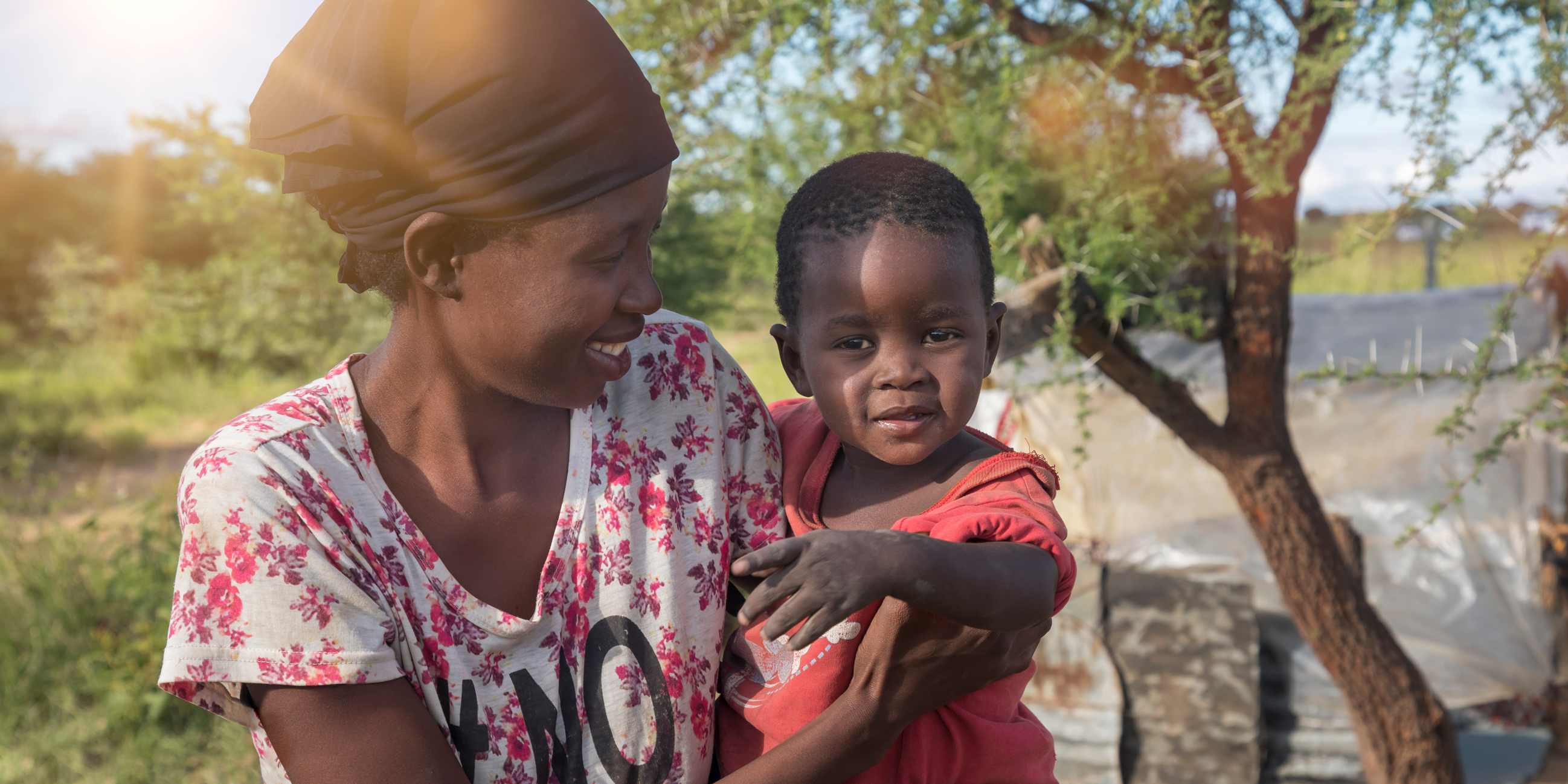
In her study, Seline Spillmann analyzes the benefits of breastfeeding on child health in developing countries. With her outstanding master’s thesis entitled “Breastfeeding in Developing Countries: Selection and Effects,” Seline Spillmann makes a decisive contribution to the implementation of the Sustainable Development Goals SDG 2 “Zero Hunger” and SDG 3 “Good Health and Well-being.” For this, she was nominated for the SDG Impact Award by the Faculty of Business, Economics, and Informatics at the University of Zurich.
Seline has been a student at the University of Zurich since 2016, with a major in economics. She graduated with a master’s degree in February 2023 and will start an internship at the end of April at Swiss Economics SE AG
“Poorer mothers often breastfeed their children longer than more advantaged mothers.”
Many mothers are under great pressure to breastfeed their children. This can have a negative impact on their mental health. To investigate the benefits of breastfeeding on child health, Seline statistically analyzed data from developing countries. She found that poorer mothers often breastfeed their children longer than more advantaged mothers. Although the data do not provide a clear link between breastfeeding and child health, there is circumstantial evidence that breastfeeding is particularly beneficial when the family does not have access to clean water. In addition, breastfeeding has an impact on children’s nutrition: young infants who are not breastfed often receive inadequate nutrition, while older babies and toddlers receive too little solid food if they are breastfed for a very long time. These aspects must be taken into account in breastfeeding promotion.

